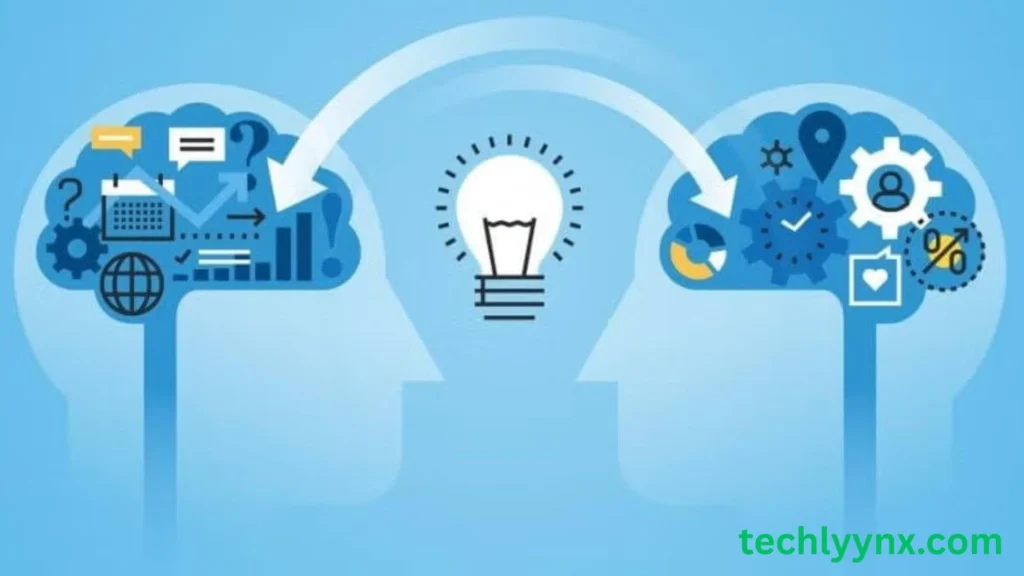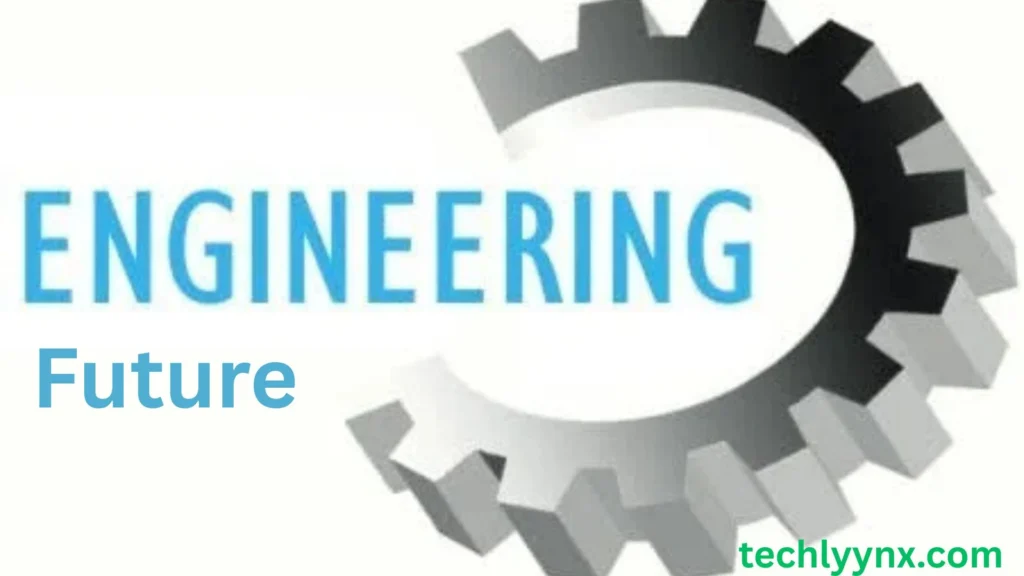The world is changing fast, and so is the field of engineering. From smarter machines to sustainable solutions, engineers are playing a crucial role in shaping the future. As we move closer to 2025, several exciting trends are emerging that will redefine how we think about design, innovation, and problem-solving. Whether you’re a student, professional, or someone curious about the future, here’s a look at what’s next.
Smarter Systems and Automation

The emergence of automation is one of the biggest changes occurring in engineering. Many engineering tasks are becoming automated as machine learning and artificial intelligence become more widely available. This entails spending more time on innovation and less time on repetitive tasks. These days, engineers use systems that anticipate their needs, such as automated design software and predictive maintenance in manufacturing.
Automation increases accuracy in addition to saving time. Smarter systems are enhancing efficiency and reducing human error in domains such as mechanical and electrical engineering. Anticipate an even greater integration of automation tools into routine engineering procedures as 2025 draws near.
Sustainable Engineering: Building with the Planet in Mind

Sustainability is no longer a buzzword; it’s a necessity. One of the most powerful trends in engineering today is the push for eco-friendly solutions. Civil engineers are designing green buildings that reduce energy consumption. Environmental engineers are creating water purification systems that are both effective and low-cost. Even product design engineers are exploring biodegradable materials to reduce waste.
The shift toward sustainable engineering is not just good for the planet—it also opens up new job opportunities and challenges. Engineers in 2025 will need to think beyond function and efficiency. They will need to consider long-term environmental impact in every project they undertake.
Data-Driven Decision Making

Data is now a fundamental component of our technical problem-solving methodology. Engineers can now access real-time data from equipment, buildings, cars, and more thanks to the growth of the Internet of Things. Making better judgments is made possible by this data, whether it’s anticipating when a bridge needs maintenance or optimizing energy use in a plant.
The game is being changed by big data analytics. Before any actual work starts, engineering teams may now model different design choices, evaluate the results, and select the best course of action. Data will play an increasingly bigger role in engineering projects in 2025, helping to lower costs, increase performance, and improve safety.
The Evolution of Engineering Education
We shall not train the next generation of engineers in the same manner. Engineering education is rapidly evolving thanks to virtual labs, online learning, and AI-powered tutoring resources. Project-based learning, where students solve real-world issues rather than merely remember theories, is becoming more and more popular in colleges.
Additionally, soft skills like ethics, teamwork, and communication are becoming increasingly important to engineering instructors. Being a brilliant engineer in 2025 will include more than simply technical proficiency. Additionally, it will call for emotional intelligence, inventiveness, and flexibility.
Cross-Disciplinary Collaboration

In 2025, engineering won’t exist in a vacuum. The need for and prevalence of interdisciplinary collaboration are growing. Software developers are collaborating with mechanical engineers. Data scientists are collaborating with biomedical engineers. To create better infrastructure, environmental specialists are collaborating with civil engineers.
Cross-disciplinary work is becoming increasingly popular, which is producing faster results and more creative solutions. To effectively cooperate with professionals from other professions in the future, engineers will need to feel at ease moving outside of their usual bounds.
Engineering for Space and the Final Frontier

The space industry is arguably one of the most fascinating fields of contemporary engineering. Engineers are creating systems that can withstand harsh environments, such as zero gravity, high radiation, and far-off planets, as organizations like SpaceX, Blue Origin, and NASA push the limits of exploration.
Though they provide special engineering problems, space is also generating new technologies that improve Earthly life. For instance, solar-powered gadgets, lightweight materials, and small life-support systems created for space missions are being used in rural villages, hospitals, and disaster areas.
Space engineering will be a popular field in 2025, drawing talent and capital from all around the world.
Winding Up
Engineering has a promising, rapidly evolving, and profoundly influential future. 2025 is expected to be a historic year for innovation in a variety of fields, including education, space exploration, automation, and sustainability. This is an exciting moment to be informed and involved if you’re an engineer or just interested in how the world works.
Now is the ideal time to embrace new tools, pick up new abilities, and have a big idea, regardless of how long you’ve been in the industry. Because engineering’s future is something to contribute to, not just observe.

